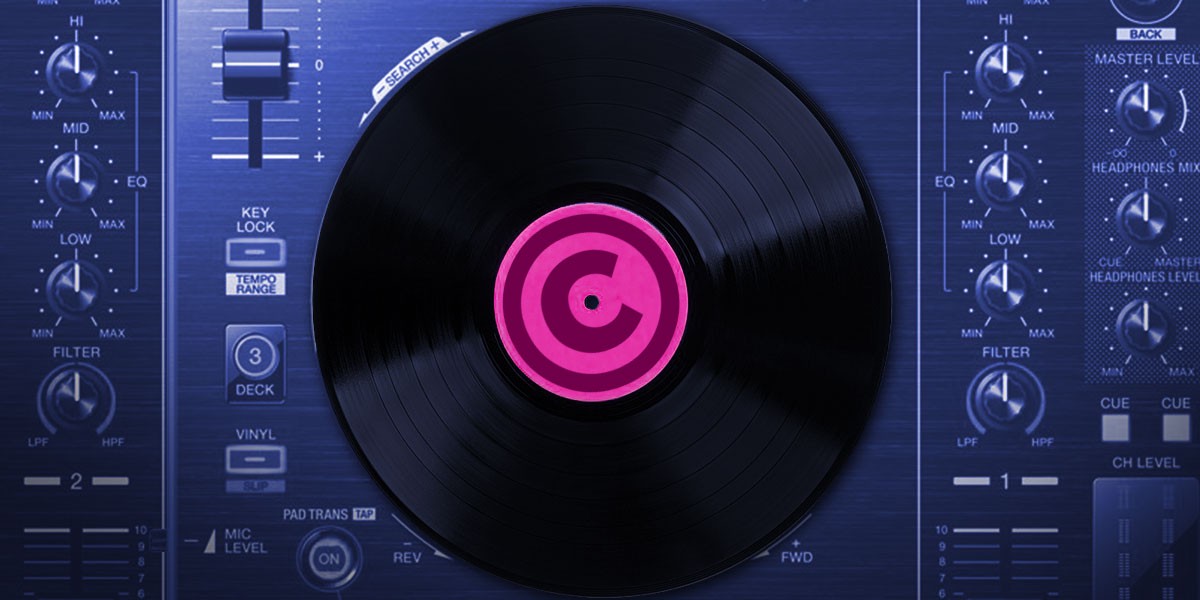Before the pandemic, the music industry was making more money than ever, exceeding even the incredible revenues of the CD era in which audiences bought all their favorite music in a new format.
1/
1/
Despite this, musicians were faring worse than ever. It& #39;s not hard to understand why: with the music industry controlled by three major labels and a half-dozen Big Tech companies, the billions that music lovers shelled out were being trousered by giant corporations.
2/
2/
What& #39;s worse, all the efforts to fix this just entrenched the monopolies in music production and distribution - for example, the EU& #39;s Copyright Directive, which annihilates any online distribution platform that can& #39;t afford hundreds of millions for copyright filters.
3/
3/
Some musicians& #39; groups hoped it would force tech companies to share fairly. Of course, nothing could be further from the truth - copyright filters trap EVERYTHING, irrespective of whether it infringes, but only Big Content has the direct line to Big Tech to get it unblocked.
4/
4/
Meaning musicians who didn& #39;t sign with a label had no hope of independent distribution. And only the Big Tech companies could afford to operate under the new rules. It wasn& #39;t a tax on Big Tech, it was a license to dominate the internet...forever.
#filternet">https://pluralistic.net/2020/05/22/crisis-for-thee-not-me/ #filternet
5/">https://pluralistic.net/2020/05/2...
#filternet">https://pluralistic.net/2020/05/22/crisis-for-thee-not-me/ #filternet
5/">https://pluralistic.net/2020/05/2...
But there& #39;s a better way - a solution that& #39;s been tried and proven for more than a century: blanket licenses, like the ones we use for radio, concert halls and other venues, and recorded covers.
https://www.eff.org/deeplinks/2020/05/plan-pay-artists-encourage-competition-and-promote-free-expression
6/">https://www.eff.org/deeplinks...
https://www.eff.org/deeplinks/2020/05/plan-pay-artists-encourage-competition-and-promote-free-expression
6/">https://www.eff.org/deeplinks...
Here& #39;s how an internet blanket license would work:
* An online service signs up, paying a fee based on the number of users. If your service has one user, it will pay 1/2.5b of the sum that Facebook (with 2.5b users) pays
7/
* An online service signs up, paying a fee based on the number of users. If your service has one user, it will pay 1/2.5b of the sum that Facebook (with 2.5b users) pays
7/
* An independent collecting society uses statistical sampling to figure out which music is being played online
* They distribute the money they collect to artists and labels, with a minimum of 50% of revenues going straight to artists, no matter what their contracts say
8/
* They distribute the money they collect to artists and labels, with a minimum of 50% of revenues going straight to artists, no matter what their contracts say
8/
Under this system, artists would always get paid, even if they& #39;d been shafted in their contract with a Big Three label. And anyone could start an online music service that would rise or fall based on technical excellence, not the ability to cut deals with labels.
9/
9/
There are a LOT of details that need to be worked out (with all stakeholders) here, like how you keep the collecting society honest, how you measure the accuracy of the statistical sampling system, how you divide music among multiple creators, etc.
10/
10/
I don& #39;t pretend that these are simple questions! But they are MUCH simpler than the question of "How do you get musicians paid by shifting a few points from Big Tech& #39;s balance-sheet to Big Content& #39;s balance-sheet?"
11/
11/
Before the internet came along, blanket licenses ensured that anyone could open a club, start a radio station, or play music in their bookstore. But with the internet, the music industry unwisely decided to replace the principle of blanket licenses with one-off licenses.
12/
12/
The result was auctions that only sold to the highest bidder - with the result that all the other bidders went out of business, and the high bidders stopped having to worry about competition, and used that market power to extract an ever-larger share of entertainment income.
13/
13/
Money talks and bullshit walks. Campaigning for Big Tech to pay the Big Three more is not the same as getting musicians paid. If we want to pay musicians, we should establish a rule that says, "When music makes money, musicians get paid."
14/
14/
NOT: "When music makes money, musicians get paid, provided they were able to negotiate a favorable contract with a monopolist."
15/
15/

 Read on Twitter
Read on Twitter


